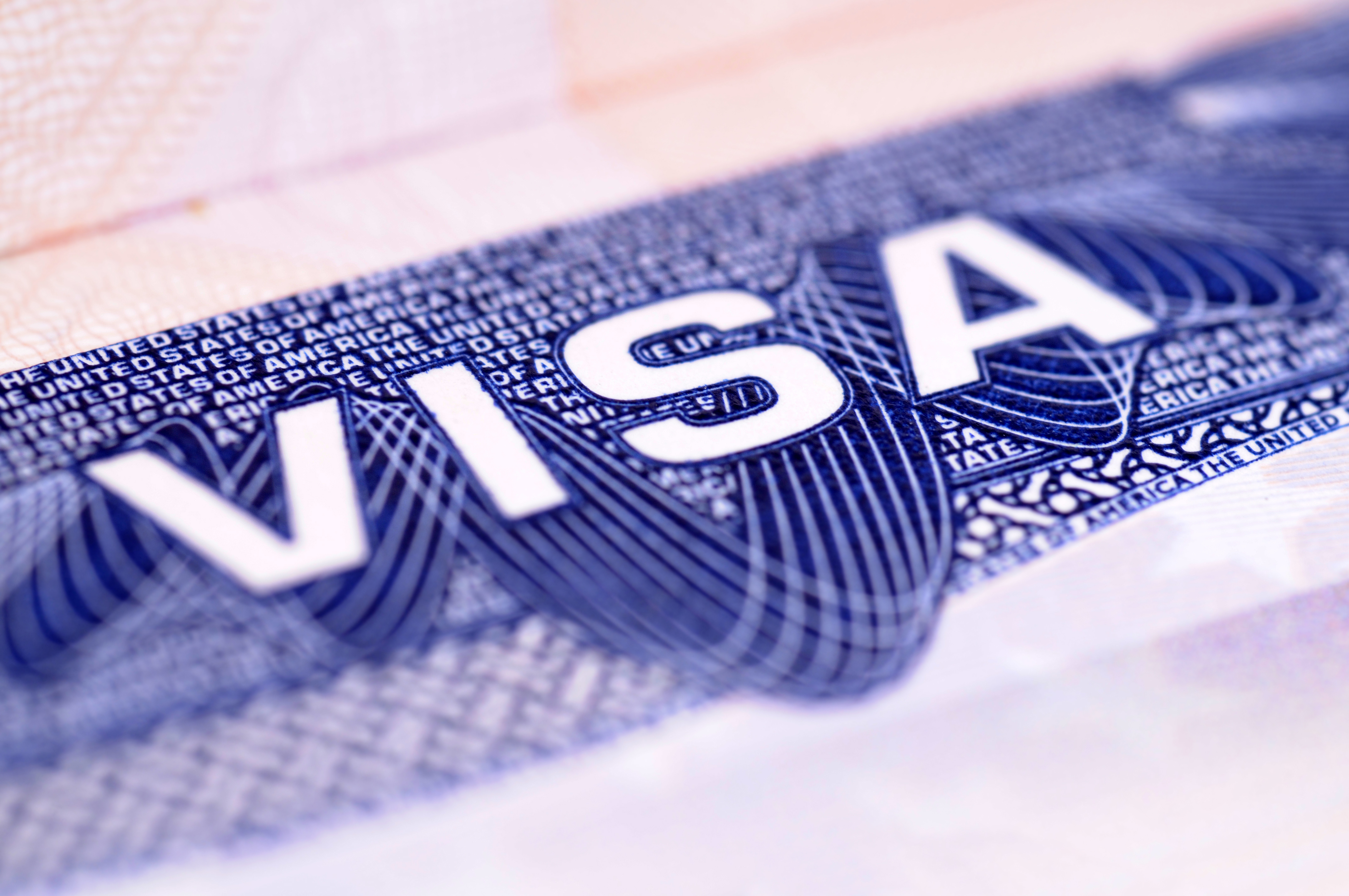I-94s and visas

What we’ll cover...
What is a visa? What is an I-94? What is the difference?
What is a visa? What is an I-94? What is the difference?
What is a visa? Do I need to go to the consulate to get a new visa after USCIS approves my petition? I am a visitor in the U.S. I have a ten (10) year visa. Does that mean I can stay in the U.S. for 10 years? These are questions I hear many times from clients, and ones I will address in this article.
What controls your authorized time and status in the United States?
U.S. immigration law has many different agencies that are involved, many documents, and many dates you may see on your documents. So which document and date control your authorized time in the U.S.? The answer is actually easy. Your I-94 controls your authorized time and status in the U.S.
How do I get an I-94?
You will get an I-94 in one of two ways:
1) When you enter the U.S., a Customs and Border Protection (CBP) Officer will issue you an I-94 document and expiration date. If you are coming into the U.S. on a nonimmigrant employment status, the CBP Officer should assign your I-94 expiration date as the ending date of your nonimmigrant status plus 10 extra days. Often times, CBP will not include the extra days. Other times, CBP will assign a shorter expiration date that coincides with the expiration date of your passport, if your passport expires before your nonimmigrant status ends. If you are a visitor to the U.S., CBP will usually assign you a six (6) month stay in the United States. At times, the CBP Officer will use his/her discretion to cut your stay short, depending on factors such as your stated purpose in the U.S.
2) If you are currently in the U.S. and you file for an extension of stay or a change of status with USCIS, your I-797 approval notice will come with a new I-94 card that reflects the status and new date through which you are authorized to stay.
You need to leave the U.S. by your I-94 ending validity date, unless you file a petition to extend or change your status. If you filed a petition but that petition remains pending on your I-94 expiration date, you are allowed to remain in the U.S. in a "period of authorized stay by the Attorney General." Once your petition is adjudicated, you will either be approved with a status, or if you receive a denial, you will need to leave the United States. If you remain in the U.S. past your I-94 date (or past the date your petition was denied), you start accruing unlawful presence. Over 180 days but less than 1 year of unlawful presence will bar you from reentry into the U.S. for 3 years; unlawful presence of one year or more will make you inadmissible for 10 years.
Therefore, it is important to know when your I-94 expires. Make sure you either leave the U.S. by that date or file an extension or change of status to be received by USCIS by that date.
You mention filing a petition with USCIS, but I sometimes hear that the filing must be with the consulate. How do I know which I need to do?
In order to change your status in the United States or file for an extension of status, you must usually file a petition with United States Citizenship and Immigration Services (USCIS), an agency with the Department of Homeland Security. As mentioned in the previous section, you remain in a period of authorized stay in the U.S. until you receive your new I-94 with the USCIS approval notice.
Even if you are not in the U.S. requesting an extension or change of status, some employment statuses in the U.S. require a filing with USCIS before the status will be granted, such as the H-1B, L-1, and O-1. If you are not in the U.S. and your employer is filing one of these petitions for you, it must be filed with USCIS and indicate "consular processing." Once approved by USCIS, you will need to make an appointment with the consulate in your home country or another country that will process a third country national (TCN). The Consular Officer will review your application, interview you, and if approved, issue you a visa with which to enter the U.S. This consular interview with corresponding visa activates your ability to enter the U.S. on this employment status.
Some employment statuses in the U.S. can be approved either by USCIS or a consulate, which is an agency with the Department of State. These statuses include E-1, E-2, E-3, H-1B1, and TN. For an applicant not in the U.S., you will need to make an appointment with the consulate in your home country or another country that will process a third country national (TCN). The Consular Officer will review your application, interview you, and if approved, issue you a visa with which to enter the U.S. This interview process actually combines the approval of your qualification for this status and the issuance of the visa. If you are in the U.S. and you wish to extend your status in one of these categories or change status to one of these categories, you can either remain in the U.S. and file a petition with USCIS, or you can leave the country and process this status at a consulate.
Which method should you choose? That depends on your travel plans, the urgency of needing this status, and an analysis of the pros and cons of each method. USCIS typically charges more in filing fees and has longer processing times, but you can remain in the U.S. while it is processing. The consulate usually charges less in fees and gives you an immediate decision (though that decision can include "administrative processing," which allows the consulate to put your application on hold for various reasons). However, a Consular Officer has great discretion, and there are very few ways to appeal a Consular Officer's decision.
I already have an approval with I-94 from USCIS, but I need to visit the consulate for a visa, right?
The answer to this question is maybe. A visa is a travel document. It allows you to enter the U.S. through CBP. It does not give you valid status in the U.S., and it does not control the date through which you may remain in the U.S. As discussed above, the I-94 is the document that gives you both status and a status expiration date.
A visa simply allows you to enter the United States through the expiration date of the visa. If your visa expires today, the last day you can enter the U.S. is today. But you need to look at your I-94 to see the date through which you may remain in the U.S.
Do you need to visit a consulate to get a new visa, even if you have an I-94 that remains valid? That really depends on your travel plans. If you plan to leave the United States, you need an unexpired visa in the appropriate category to reenter the U.S. For example, if you plan to enter the U.S. to work on H-1B status, you cannot enter on your unexpired B-2 visa. You will need to make a consular appointment to obtain a new H-1B visa. However, if you have no international travel plans, you do not need a visa. Your unexpired I-94 allows you to remain in the U.S. However, once you make plans to leave the U.S., make sure you remember to book a consular interview to get that visa. Otherwise, you will not be allowed to reenter the U.S.
Conclusion
This article is not meant to provide legal advice. U.S. immigration law is complex. Violation of these laws can have severe consequences. It is best to contact an attorney who solely practices immigration law to discuss your particular circumstances.
Next Step:
The H-1B visaImage by: Image by kstudio on Freepik
